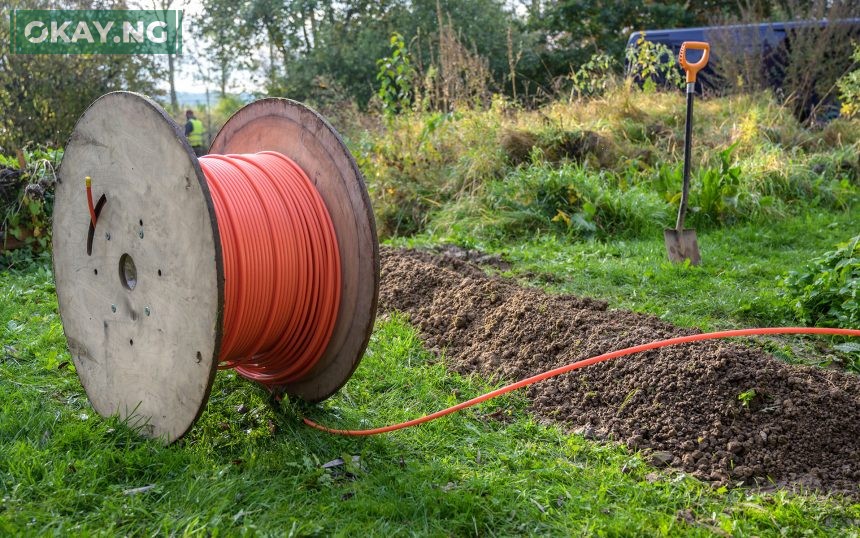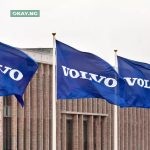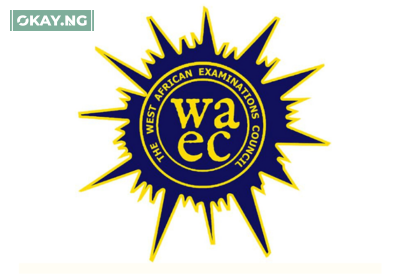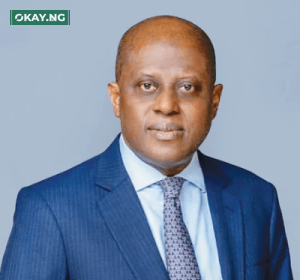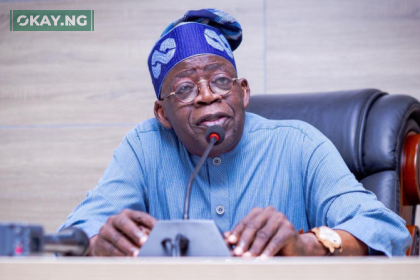The Federal Ministry of Communications, Innovation and Digital Economy has launched an investor consultation process for its ambitious “Project Bridge,” a plan to deploy 90,000 kilometers of fibre optic cables. This initiative, slated for a fourth-quarter rollout, seeks to dramatically enhance national connectivity and propel the nation’s digital economy forward.
The project, which aims to expand the country’s fibre optic backbone from the current 35,000km to a robust 125,000km, is a $2 billion undertaking. As a news writer, I see this as a critical step in addressing the persistent challenge of internet accessibility, particularly in underserved regions. The ministry’s consultation document outlines the project’s goals: to establish a nationwide fibre network that fosters economic growth and accelerates digital transformation.
“The ministry is issuing this invitation to ensure transparency, fairness, and accountability in the Project’s implementation and private sector engagement,” the document states. This commitment to transparency is vital, as it builds trust and encourages robust participation from potential investors.
The project will operate under a public-private partnership (PPP) model, with the Nigerian government retaining a stake between 25% and 49% in a special purpose vehicle (SPV). This SPV, an independent limited liability company, will be managed by a board of directors with expertise in telecommunications, infrastructure, and finance. The ministry’s approach aligns with the Infrastructure Concession Regulatory Commission (ICRC) Act, 2005, and the National Policy on PPP, ensuring a structured and regulated process.
Potential private sector participants, both local and foreign, must meet stringent criteria. These include a proven track record in broadband/telecommunications or large-scale infrastructure projects, demonstrated financial capacity to fund equity investments, and alignment with Nigeria’s broadband and digital economy objectives. Furthermore, adherence to international best practices in corporate governance is mandatory.
“Industry experience is very important,” the ministry emphasizes, underscoring the need for capable partners to realize this transformative project.
The emotional appeal of this project lies in its potential to empower millions of Nigerians. Improved internet connectivity means access to education, healthcare, and economic opportunities, particularly for those in remote areas. Consider the impact on a small business owner in a rural community, gaining access to online markets, or a student accessing digital educational resources.
The project has already garnered significant financial backing, with approximately $700 million secured from development partners such as the World Bank, the African Development Bank (AfDB), and the Islamic Development Bank. This financial support underscores the international recognition of the project’s importance.
Read Also: Telecom Operators Pledge Service Quality Boost Amidst Tariff Hike
Minister of Communications, Innovation and Digital Economy, Dr. Bosun Tijani, highlights the necessity of expanding the fibre optic network to fully utilize Nigeria’s nine submarine cables. “Nigeria needs 125,000 kilometres of fibre-optic cable to achieve its national coverage goal,” he states. This project aims to bridge the “last-mile” coverage gap, ensuring that the benefits of international connectivity reach every corner of the country.
The project, estimated to take three to five years to complete, represents a long-term investment in Nigeria’s digital future. As a writer, I see this as a pivotal moment, and I hope to see active participation from stakeholders, as the ministry encourages. The information gathered during this consultation phase will be crucial in shaping the project’s final structure and ensuring its success.
The ministry has assured that all information submitted through the consultation form will be treated as confidential, in line with applicable data protection laws. This commitment to privacy is essential in fostering trust and encouraging open communication. A competitive bidding process, beginning with a Request for Expression of Interest, will follow this consultation.
Ultimately, “Project Bridge” represents more than just a telecommunications initiative; it is a catalyst for economic growth, social inclusion, and national development.


